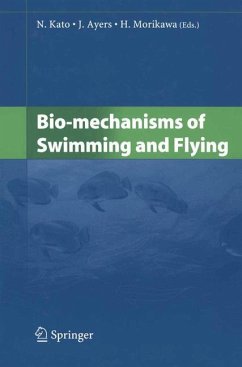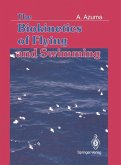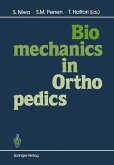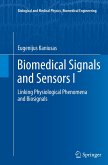Tens of thousands of different animal species live on this planet, having survived for millions of years through adaptation and evolution, which has given them a vast variety of structures and functions. Biomechanical studies of animals swimming and flying can aid understanding of the mechanisms that enable them to move effectively and efficiently in fluids . Based on such understandings and analyses, we can aim to develop environmentally friendly machines that emulate these natu ral movements. The Earth Summit in Rio de Janeiro in 1992 agreed major treaties on biological diversity, addressing the comb ined issues of environmental protection and fair and equitable economic development. With regard to coastal environments, increasing biological diversity has begun to play an important role in reestablishing stable and sustainable ecosystems. This approach has begun to influence research into the behavior of aquatic species, as an understanding of the history of an individual aquatic species is indispensable in constructing an environmental assessment mod el that includes the physical, chemical, and biological effects of that species . From an engineering viewpoint, studying nature's biological diversity is an opportunity to reconsider mechanical systems that were systematically constructed in the wake of the Industrial Revolution. We have been accumulating knowledge of the sys tems inherent in biological creatures and using that knowledge to create new, envi ronmentally friendly technologies.
Bitte wählen Sie Ihr Anliegen aus.
Rechnungen
Retourenschein anfordern
Bestellstatus
Storno








